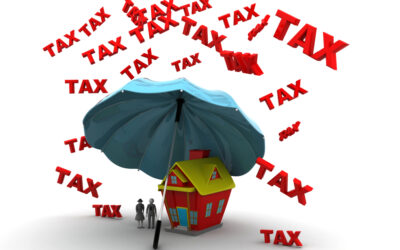What are the tax and investment considerations for a Granny Flat above versus a Tiny Home below? Income Tax Return Reporting - Income Streaming Tiny Homes Tiny home ownership does not have to follow the ownership interest of the underlying property ownership. For...
Flipping Properties – What are the tax issues to consider!
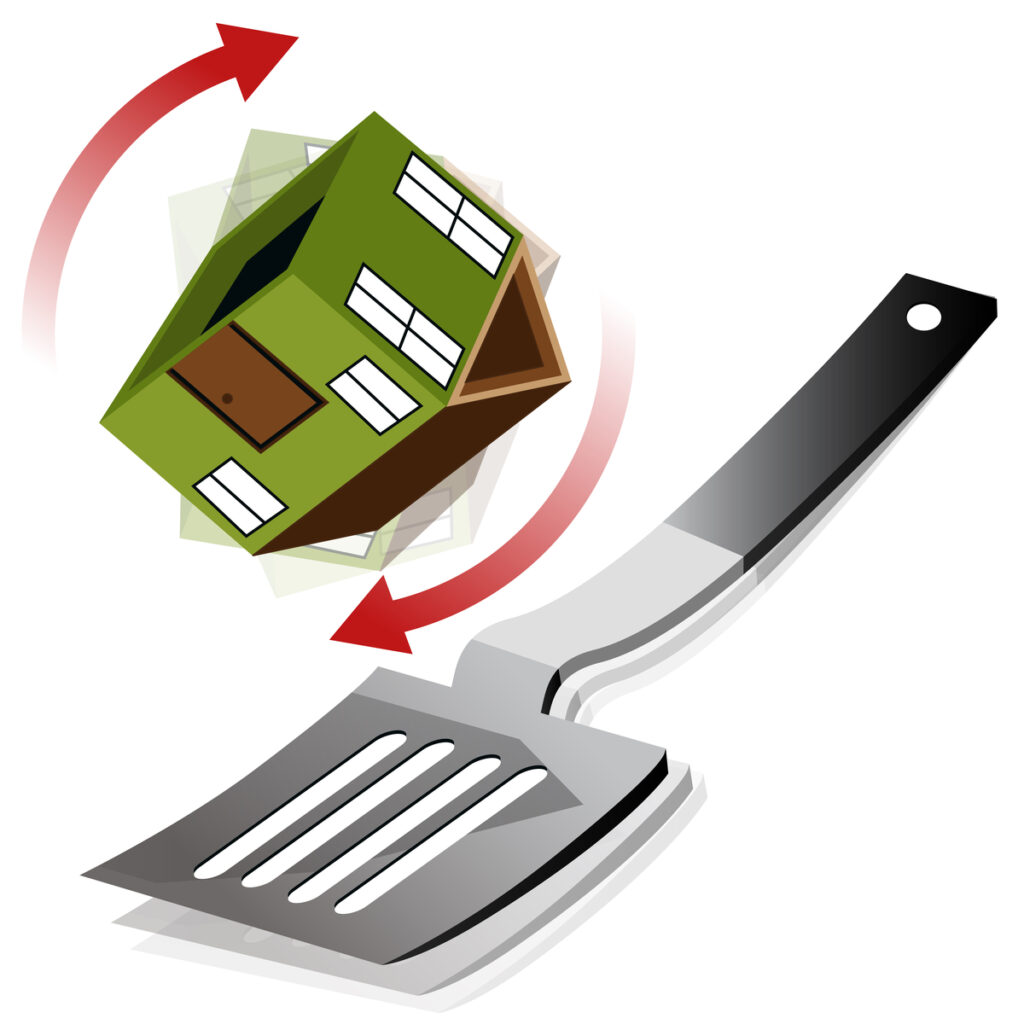
Flipping houses can be a great way to make a living or a handy lump of cash quickly, however it involves
- Finding the right property
- Financing can be on a short-term basis
- Getting the number right
- Executing the makeover and selling in the shortest time possible
- Getting the right tax outcome is critical to your net return!
What is Property Flipping?

Flipping a property is buying at one price, then doing a strategic makeover to sell quickly for a higher price.
- Buy-to-Sell (BTS)
- Buy-to-Let (BTL)
Buy-to-sell (BTS)
To some property flipping is trying to buy at a big discount to the market, to immediate sell for a profit, in some cases, the buying and selling can have a concurrent settlement, so no money, other than a deposit is used. Generally, however, some form of renovation of the property is part of the flipping process.
Buy-to-let (BTL)
Buying to let, can involve a renovation, to get an uplift in the valuation of the property, without selling, which can be used to: –
- Get an uplift in rent – higher rental return
- Also, an uplift in the property value-creating extra equity, which can be used to fund further investment. So rather than sell and be exposed to taxes (more on this later), you have the extra value embedded in your property portfolio.
- Getting finance may be easier to get for a BTL than a flip, which can involve short-term lending.
Profit Rule of Thumb

A good rule of thumb that many flippers use is a 20% return on investment (ROI) for all cash.
ROI = Profit / Cash invested
A quick example: – Using -Qld typical stamp duty and real estate agent commissions used
John and Mary looking to buy a property (diamond in the rough) in an up-and-coming area, which though structurally sound, is simply worn out.
Purchase Price $400,000 – Fully renovated homes, move-in ready, have a median price of $550,000
Renovation Budget is $30,000
Time for Flip – 3 months
Buying / Selling Cost around 5.5% ($550, 000@5.5%) = $30,250
Selling Price $550,000
Profit $89,750 ($550,000 – $400,000 – $30,000 – $30,250)
Simple RIO = Profit / Cash invested – all cash#
- $89,750 / ($400,000 + $30,000 Reno + $30,250 Buy/Sell Costs)
- 19.5%
However, not everyone can pay cash, so typically will only contribute 20% of the purchase price and costs, in many cases secured against other properties as a line of credit (LOC).
- $80,000 ) 20% deposit) + $ 30,000 (reno) + $30,250 (buy/sell costs)
- $140,250 – against another existing property as a LOC.
- $320,000 – against the property being flipped
- $460,250 total finance
Simple RIO – no cash, fully debt funded, service interest and fees only#
- Short Term Loan Holding Cost of Borrowings ($460,250) = $12,000
- Therefore, the RIO would be
- All Cash Profit $89,750 less $12,000 short-term loan holding costs
- $77,750
- The only cash invested in the $12,000 interest serviced on loans
- $77,750 / $12,000
- 648% RIO – crazy good returns!
- In many cases, the cost of the reno, buying & selling is paid in cash.
- $77,750 / ($30,000 reno + $32,250 buy/sell + $12,000 assume similar interest)
- 108% RIO
# No account for your time, which you could have earned income elsewhere!
OK, so what are the Tax Implications?
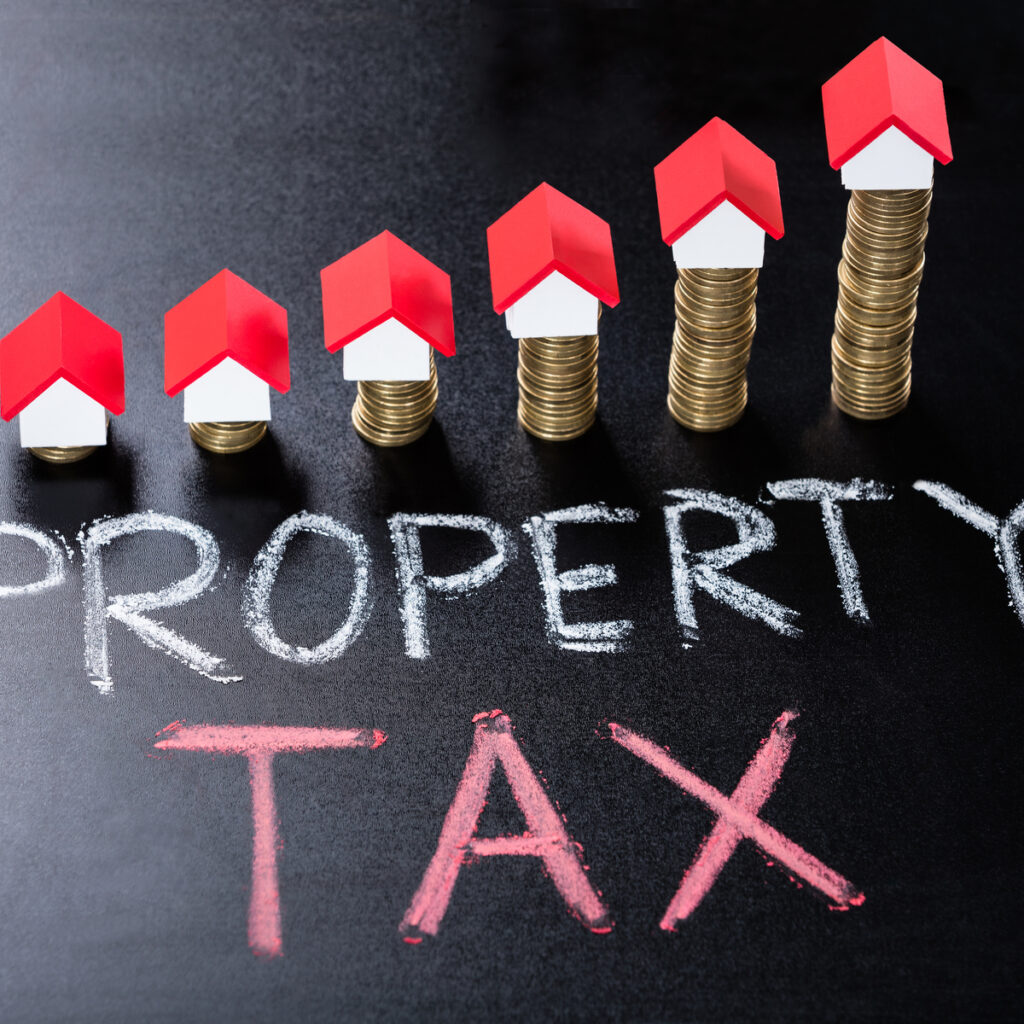
There are 4 main potential tax implications
- Tax-Exempt – main residence exemption
- CGT – Capital Gain Tax – property investor
- Trading Profit – profit-making intention
- GST – substantial renovation implications
Tax-Exempt – main residence exemption
This would be the case of a homeowner, that intended to treat the property as their principal place of residence, moved in on settlement, completed a quick renovation, and then, for various reasons had to sell unknowingly at the time of purchase. In these circumstances though the appearance of a flip, any gains would most likely be exempt under the main residence CGT exemption.
- Not entitled to an ABN
- Clear evidence of intent to reside as the main residence
- Initial renovation at the time of moving in
- Unforeseen circumstances led to the quick sale after 3 months.
CGT – Capital Gains Tax – Property Investors
An individual or group may buy an investment property, and do an initial renovation to get a higher rent, with the intention to rent the property as a long-term investment. However, after a short period of time for various reasons, the investment property needs to be sold.
Capital Gains Tax is considered a passive investor tax for those that invest with an invest and hold strategy, which is not the intention of property flippers.
- Not entitled to an ABN
- Clear evidence of intent to treat the property as an investment property
- Initial renovations were completed prior to renting the property
- Unforeseen circumstances have led to a quick sale of the investment property
- If sold under 12 months, all net gains, though a capital gain would not be entitled to the 50% CGT discount.
Flippers are more likely to be considered as traders, rather than passive investors, as such CGT would not normally apply, as such there would not be access to the 50% CGT discount.
The Business of Renovating Properties
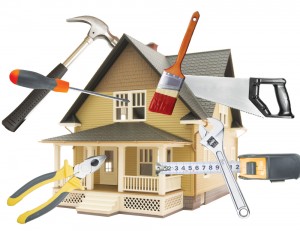
– two main types of Flippers
1 Mum & Dad – Homeowner Flipper

This is where couples could get caught, buying homes, living in them for a short period of time while fixing up, and then selling in short succession always with a profit-making intention. The ATO considers this to be a profit-making activity from property renovations. The ATO will want you to report your net profit or loss from the renovations (proceeds from the sale of the property less the purchase, buying, holding renovating and selling cost in your tax returns as ordinary income, subject to your personal marginal tax rate.
Not a good outcome, and one to try and avoid. If you are a perennial property renovator, you run the real risk of being seen in the business of making profits from property renovations
Tax Considerations
- Profits are treated as ordinary income rather than a principal place of resident CGT exemption
- You will be entitled to an ABN and may need to register for GST if the renovation is substantial.
- All profits are returned as ordinary business income, to be declared in your personal tax returns.
2 Profit-making intentions from property renovations
The Business of Renovating Properties
Treating flipping properties as a way of living
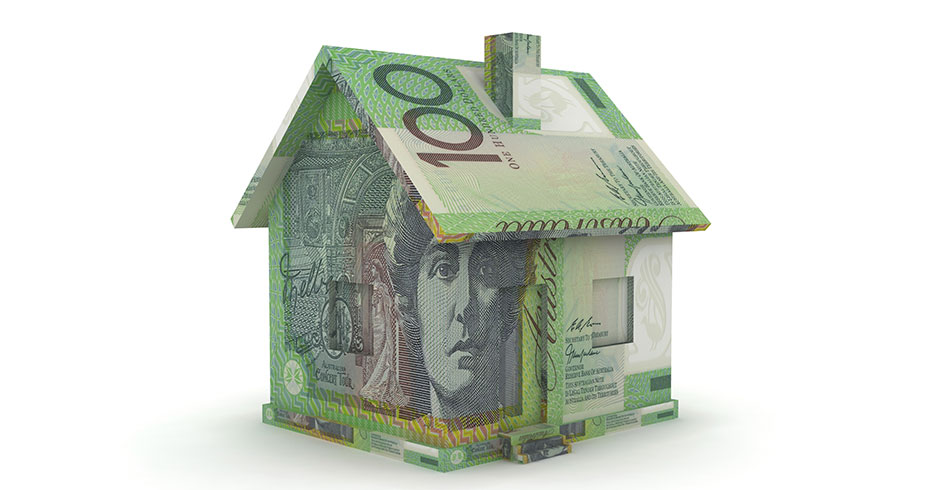
Individuals and couples have decided to consider flipping properties on a regular basis of making a living, to replace their income as an employee, or to run other types of businesses.
The property purchases are considered trading stock (even if you live in it for a short period) all costs associated with buying, and renovating form part of the cost of trading stock until the property is sold.
The profit from flipping properties is calculated in the same way as any business with trading stock.
CGT doesn’t apply to assets held as trading stock, and CGT concessions such as the CGT discount, small business concessions and main residence exemption don’t apply to any income from the sale of the properties.
You’re entitled to an Australian business number (ABN) and you may be required to register for GST if the renovations are substantial.
GST – substantial renovation implication
If the Flip is a substantial renovation, the property is deemed to have become a new residential property subject to GST on the sale.
When is a flip gone too far to the point of considering new again?, see ATO GST ruling for more details GSTR20033, Paragraph 55-88
Criteria for substantial renovations (extract from GSTR 2003/3)
60. Whether renovations are substantial is to be determined in light of all the facts and circumstances.
61. We consider that for substantial renovations to occur for the purposes of the GST Act, the renovations need to satisfy the following criteria before it is necessary to make further inquiries to establish whether the renovations are substantial:
(i) the renovations need to affect the building as a whole, and
(ii) the renovations need to result in the removal or replacement of all or substantially all the building.
62. Where one of the above criteria is not satisfied substantial renovations have not occurred and no further inquiry needs to be made.
If you are considering flipping properties as either-
- Personal property investor
- Mun & Dad Homeowner flipper – with profit-making intentions
- In the business of Flipping Properties for a Living
We can help provide advice on how to assess any gains as either exempted, assessable under CGT or as trading profits.

If any profits are assessable as a trading profit, also whether GST needs to be considered, and how the GST Margin Scheme may help.
Please contact our office.

